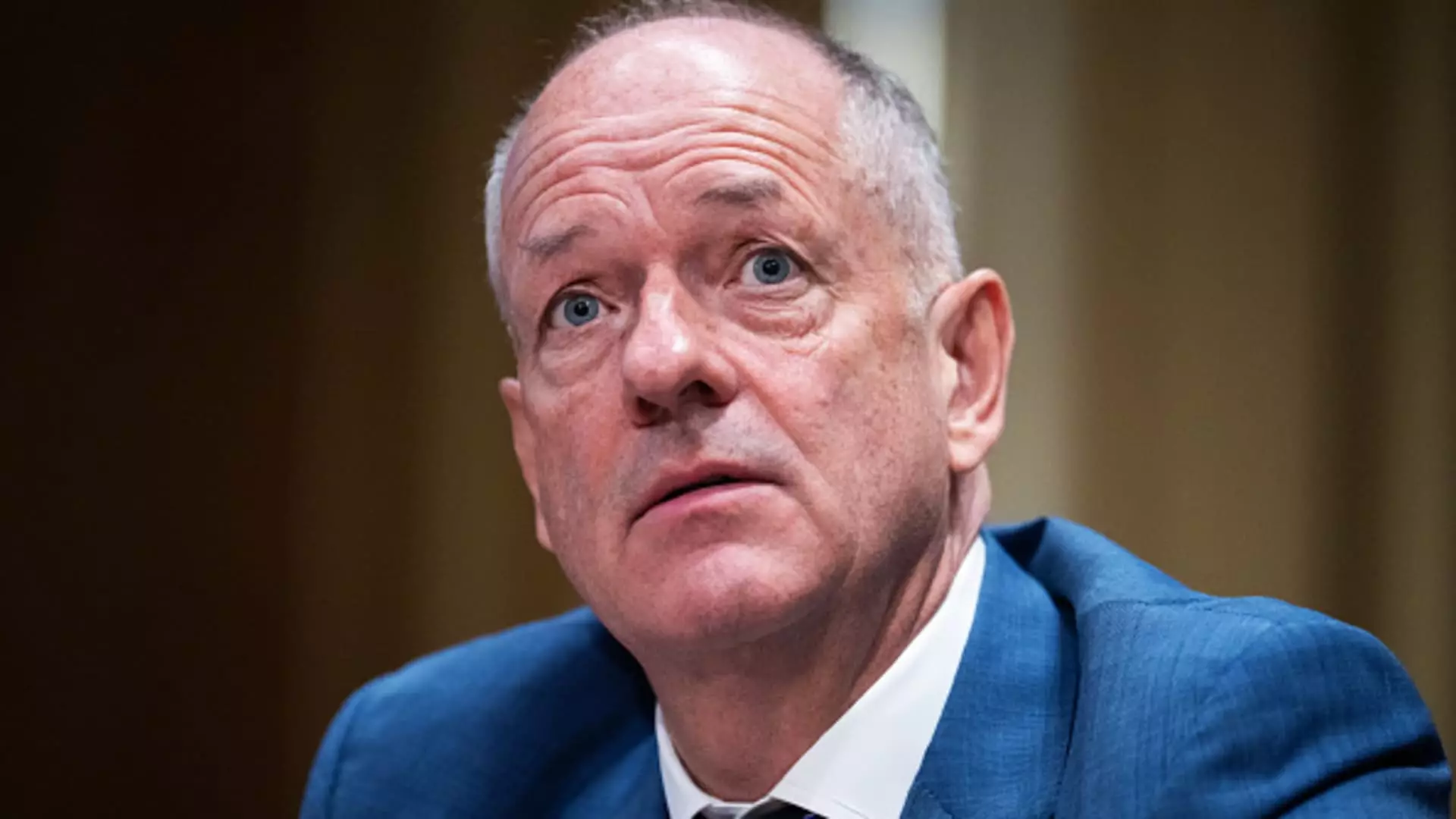In a poignant reflection on the state of the U.S. health care system, UnitedHealth Group’s CEO Andrew Witty expressed his condolences for the untimely death of Brian Thompson, the head of the company’s insurance branch. Thompson’s passing not only marks a significant loss for UnitedHealth but also sheds light on the deeper issues plaguing America’s health care landscape. Witty’s recent opinion piece in the New York Times articulates the urgent need for reform within a system widely regarded as inadequate and convoluted.
Witty openly acknowledges the inherent flaws in the current health care setup, emphasizing that it is a “patchwork built over decades” rather than a system designed with careful planning. This metaphor illustrates the haphazard evolution of health care in the U.S., accumulated through years of policy shifts and economic pressures. With such a structure in place, frustrations among patients are understandable and, indeed, justified. The discontent surrounding rising costs, denied claims, and a lack of clarity has bred resentment towards the insurance industry, now commonly seen as a central antagonist in broader health care discussions.
In the wake of Thompson’s death, Witty reassured stakeholders of UnitedHealth Group’s commitment to improving the health care system. By stating, “Our mission is to help make it work better,” he reiterated the organization’s dedication to collaborative efforts that include a wide array of partners—health care providers, patients, pharmaceutical companies, and government entities. This multi-faceted approach suggests that resolving fundamental issues in health care will require united efforts, transcending the boundaries of individual organizations.
Addressing the frustrations surrounding claims processes and coverage explanations, Witty pointed out that a noticeable gap exists in communication between insurers and patients. To mitigate misunderstandings regarding claims and benefits, he advocates for greater transparency, asserting that “behind certain claims decisions… lies a comprehensive and continually updated body of clinical evidence.” This insight highlights the tension between the complexities of health care administration and the need for clear communication that can empower patients to navigate their options effectively.
In a climate where the insurance industry faces mounting scrutiny and demand for accountability, Witty recognizes the pressing need for change. His leadership role will undoubtedly require not only a reassessment of internal policies but also a robust dialogue with the public, who are increasingly vocal about their experiences. With the health care system becoming a focal point of national discourse, his stance encourages a reevaluation of priorities within the industry—fostering patient-centered care is paramount.
While the tragic loss of Brian Thompson has spotlighted critical challenges within the American health care framework, it presents an opportunity for the remaining leaders to push for meaningful change. As Witty navigates this tumultuous period, the imperative for reform and transparency remains more relevant than ever, shaping the future of the health care landscape in the country.

